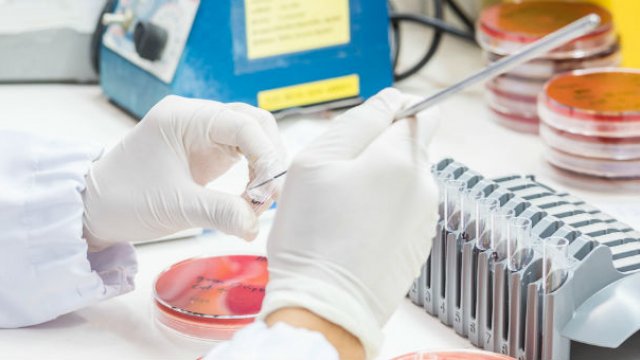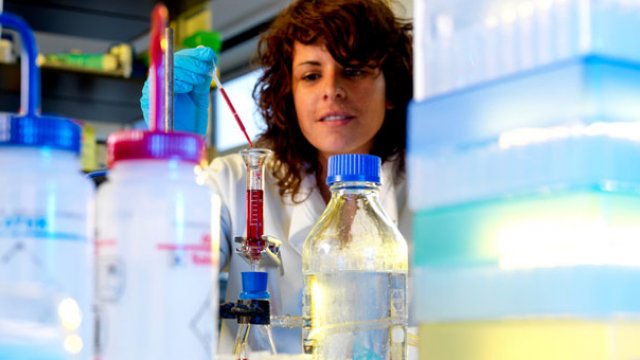

Research
Discover the vibrant research community in the School of Biosciences. Our activity fully embraces the ‘bench-to-bedside’ concept and extends to the ‘second translation’ or bedside-to-clinical-practice domain.
Research sections
Explore our research sections, which maximise our research capability by building critical mass in both the size and shape of defined areas of research.
Discipline: Clinical Sciences
Discipline: Microbes, Infection and Immunity
Discipline: Nutrition, Exercise, Chronobiology and Sleep
Research opportunities
Impact in conversation
Our researchers share their latest discoveries and how they’re having a positive impact on society.

Research centres
Research in the School is supported by state-of-the-art centres of excellence.

Core research facilities
Our core research facilities support our research and teaching activities with world-class technologies and expertise.
Recipient of the Queen’s Anniversary Prize 2017
The Queen’s Anniversary Prize for Higher and Further Education, the highest accolade for any academic institution, has been awarded to the University of Surrey in recognition of its excellence in the field of food and nutrition.






